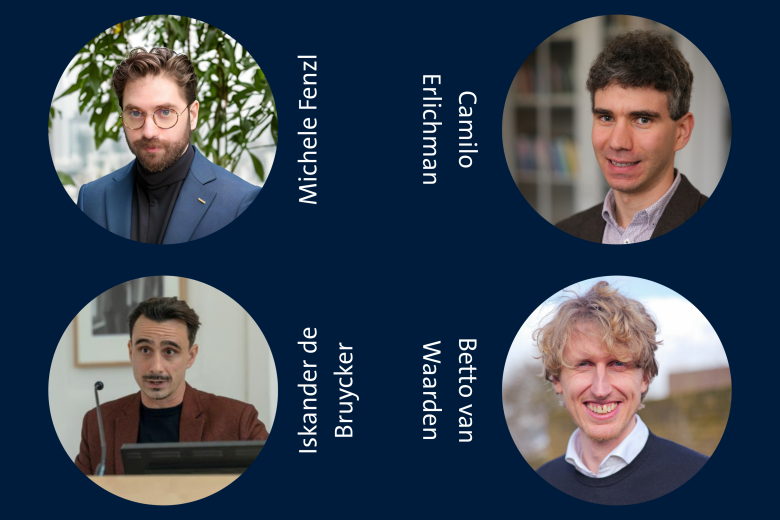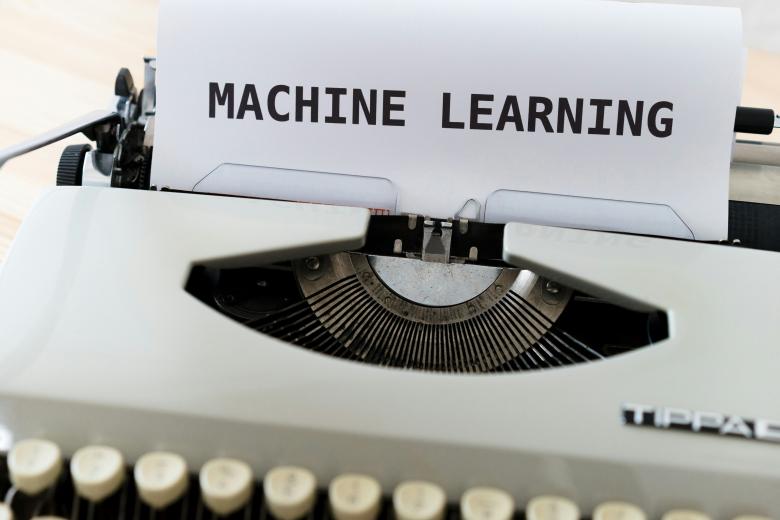Why investors are embracing sustainability
Previously, assistant professor of Finance Paul Smeets showed that investors are willing to invest in sustainable funds and projects even if this leads to lower financial returns. Last summer he received a Veni grant for a far-reaching new study on the motivations of sustainable investors.
The popular master’s in Sustainable Finance at the Maastricht University School of Business and Economics attracts students from all over the world. This is partly thanks to Smeets, without whom the programme may never have got off the ground. He brushes off this suggestion modestly. “It’s true I managed to organise my PhD project in 2007 on the topic of sustainable investing. Some people laughed at the idea; they figured investors and sustainability just don’t go together. I thought that was a strange argument. Sustainability was a hot topic: alternative energy sources, cradle to cradle, corporate social responsibility. Every organisation, every company was doing something with it in some way. Rightly so – on paper, in any case. It seemed to me it was just a question of time before it would also become important to big banks and investors. Fortunately I was able to win over my supervisors, Piet Eichholtz and Rob Bauer.”
Selfish
So do investment and sustainability mesh well in a finance programme? “Definitely. It’s just not on the radar of most finance students. Their lecturers tend to drill into them the idea that people, especially professional investors, are selfish, only looking to maximise their own financial returns. This preconception is deeply rooted in the curricula. It may well be that people are selfish first and foremost, but a number of studies show that on average 90% of wealthy people are willing to donate to charity, and indeed actually do so. During my PhD we showed that they’re also prepared to invest some of their money in sustainability. And when they do, they take lower returns on the chin; they see it as a sort of gift.”
Smeets was able to test his hypothesis when the asset management firm Robeco came on board and put up the cash for a special experiment. “A certain amount of money was transferred to a select group of investors, who were asked to divide it between themselves and another study participant. The more generous the investor in the experiment, the more likely they were to invest sustainably. As a result, Robeco adjusted its own strategic policy and began focusing more on sustainable products. This landed them a whole range of new clients, as well as raising awareness among existing customers.”
Philanthropists
The initial findings whet the researcher’s appetite. Last summer, Smeets published a study on the philanthropic behaviour of affluent Dutch people. High-earning workers give an annual average of almost €13,000 to charity; entrepreneurs over €10,000. People who have inherited their millions tend to be stingier, at just €2,800. The research was conducted in collaboration with ABN AMRO MeesPierson. “Another bank that has recently made sustainability an important spearhead. It may well be out of self-interest, but that’s fine. Times change, our knowledge increases. Investors are interested in sustainability and concerned about the future of the world. And banks jump on the bandwagon, even if it’s just to secure their own existence. Our research clearly shows that millionaires are willing to give to charity. From there it’s just a small step to give them the option of sustainable investing, be it in culture, cancer research, development aid, entrepreneurship or a zillion other things. Our respondents were quite taken with the idea of setting out their own interests and what they want to spend money on. It makes them more aware of the options. Of course, these sorts of studies are only possible with the cooperation of existing players on the market, with real data and real participants. I think that as academics we should be working towards practical applications.”
Veni
Last August Smeets received some good news: the Dutch funding agency NWO had selected his new research project for a Veni grant worth €250,000. “Great news, yes. A thousand proposals are submitted and only 10% see any money – and ours is one of them. We’ll be exploring why investors engage in sustainable investing. Does it make them happy? Appease their conscience? Is it for profit, or do they actually want to contribute to a better world, fund new medications, alleviate poverty, eradicate diseases or some other personal purpose? We’ll be able to fund three PhD candidates and collaborate with partners from the financial world. In this way we hope to gain more insight into investors’ financial motives.”
USA
The Limburg native will do part of the work in the United States, especially at universities in California where he previously studied and published with co-authors. “At UM we have an excellent economics faculty with a good reputation in the field of sustainability. But the top universities in the US are really the Champions’ League of academia. We in the Netherlands will never be able to match that. It’s a question of money. Our government is spending less and less on research, whereas American professors earn more and have access to more resources. That’s just the way it is. But it can’t hurt to think a little harder about it, especially if we want to be a knowledge economy. In any event, I’m happy the Veni grant gives me the chance to do some nice research and pick up more knowledge in the US.”
Paul Smeets (1985) studied economics at UM, completed his master’s in International Economics and obtained his PhD in 2012. He is currently assistant professor of Finance at the School of Business and Economics.
Also read
-
Four FASoS researchers awarded NWO XS grants
How do lobbyists use disinformation to sway policymakers? Who gets to shape the historical narrative of occupation and violence? Does growing inequality change the way citizens think about politics? And how have politicians defended “truth” across a century of media revolutions?
-
Reducing the Digital Divide: Empowering Students to Train, Evaluate, and Use AI Text Models
The Maastricht Law and Tech Lab, together with the Brightlands Institute for Smart Society (BISS), obtained a € 100.000 a Comenius Senior Teaching Fellow grant.
-
Green school playgrounds boost concentration and wellbeing
Children at schools with green playgrounds are better able to concentrate and display more social behaviour. This is the conclusion of a follow-up study within the long-running project The Healthy Primary School of the Future .